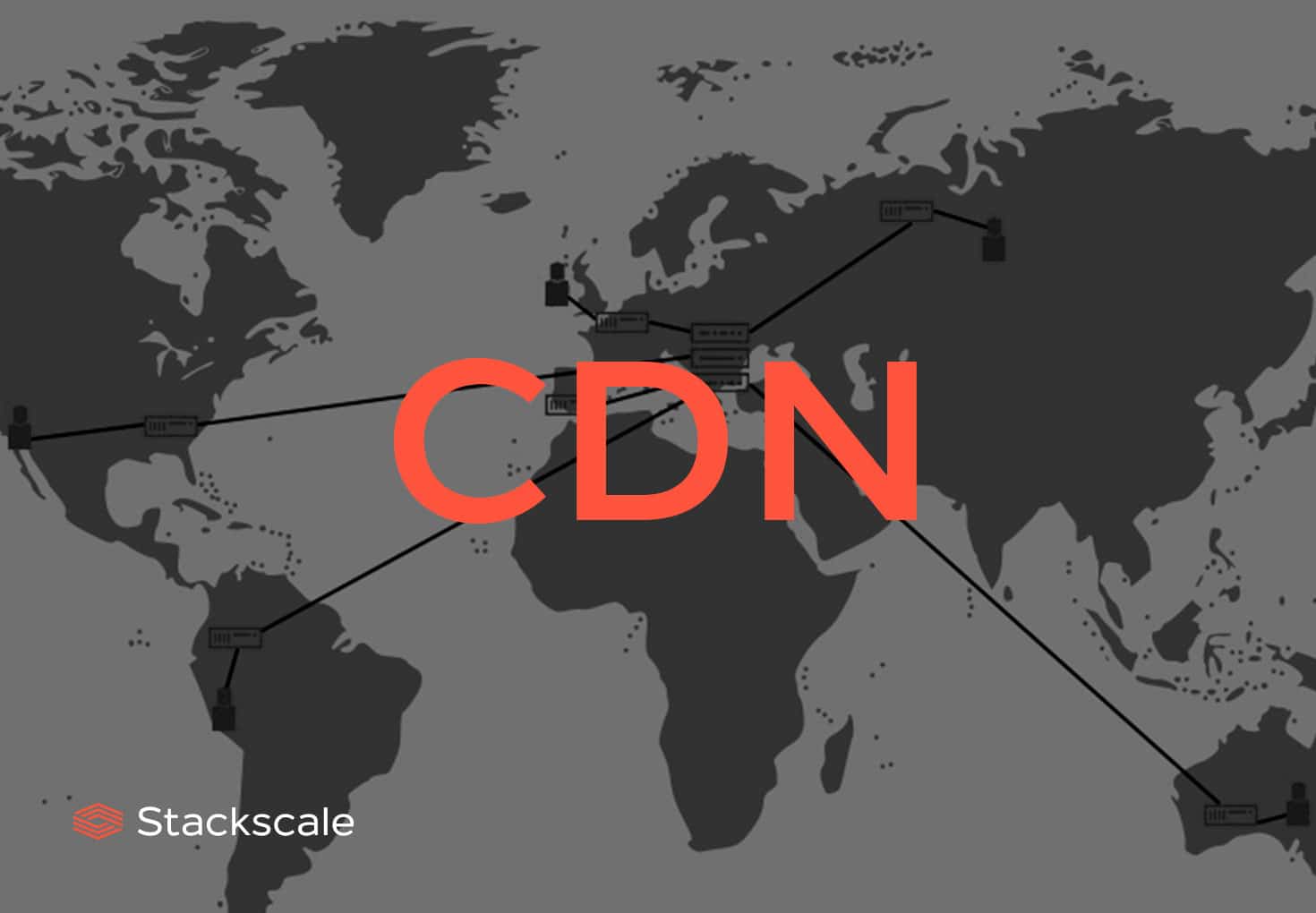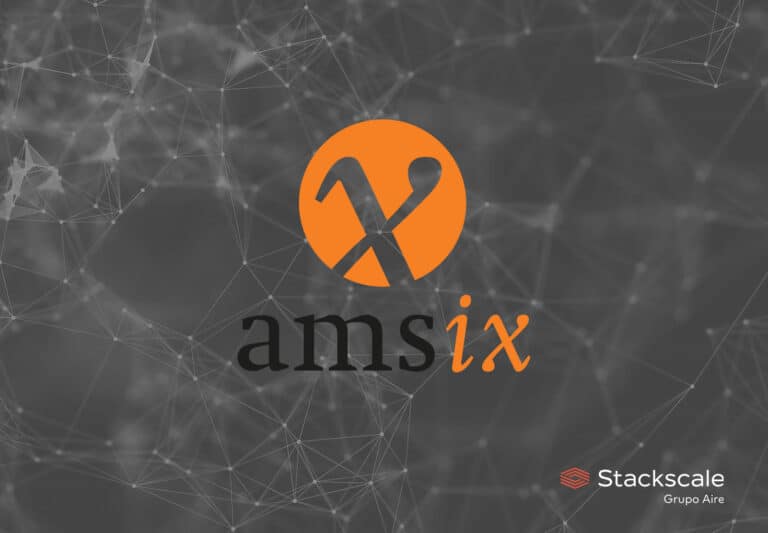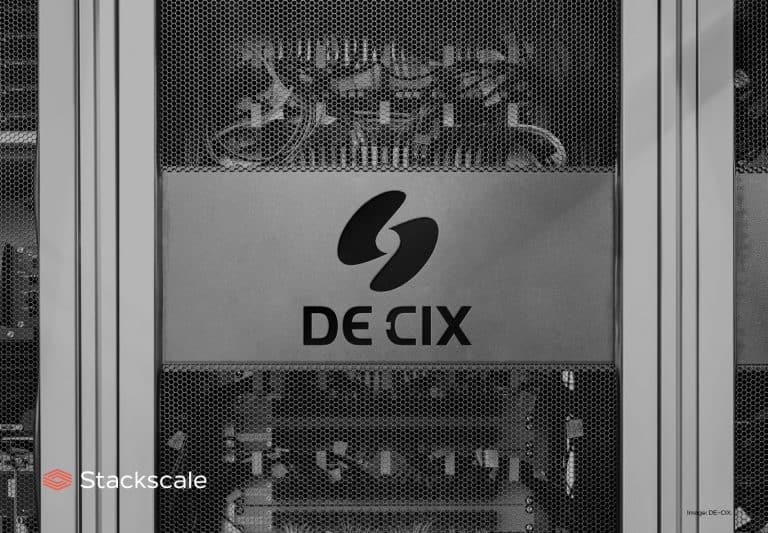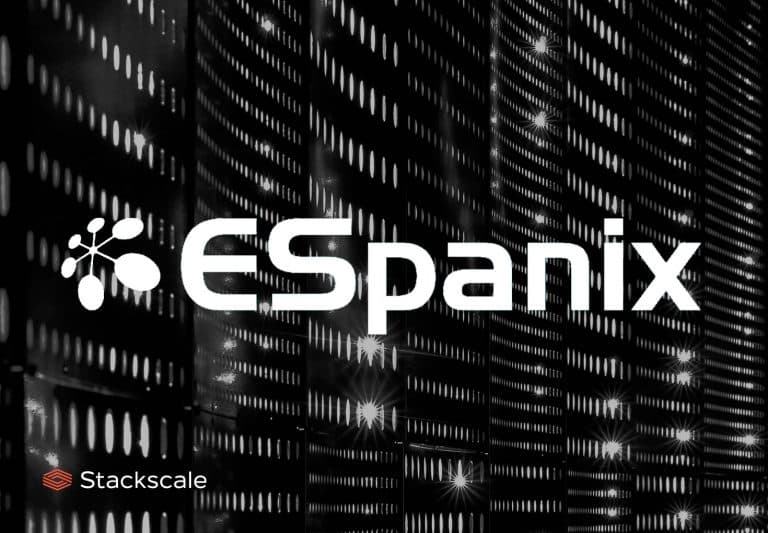CDN is the acronym for Content Delivery Network or Content Distribution Network. The fast growth of the Internet worldwide led to the emergence of CDNs in the late 90s. They were born as a solution to mitigate the Internet’s performance bottlenecks. Since the Internet was quickly becoming mission-critical for a growing number of companies and individuals. Nowadays, many projects use Content Delivery Networks to leverage benefits such as improved loading times, security and availability.
What is a Content Delivery Network (CDN)?
A CDN is a geographically distributed network of servers that helps accelerate the delivery of Internet content to end users. To do so, CDNs store copies of the original content in diverse locations and distribute it to end users from their closest or optimal location. Nowadays, a large portion of web traffic — especially from medium and big sites targeting an international audience, like Netflix or Twitter — is served through Content Delivery Networks. CDNs serve a wide variety of content types: HTML pages, images, applications, downloadable objects, streaming media… Besides, CDN providers offer different types of content delivery services: web and mobile content acceleration, video streaming, software downloads, load balancing, caching, etc.
How does a CDN work?
The CDN works as an additional layer that helps improve performance by caching content at the network edge. To do so, CDN providers deploy nodes in multiple locations or remote Points of Presence (PoPs). Besides, they are connected to Internet Exchange Points to leverage their numerous advantages. So, when a user requests a content, an algorithm directs the request to the most optimal node among the CDN’s PoPs. To choose the best location for serving the content, the algorithm takes into consideration aspects such as the number of hops or the proximity between a PoP and the end user.
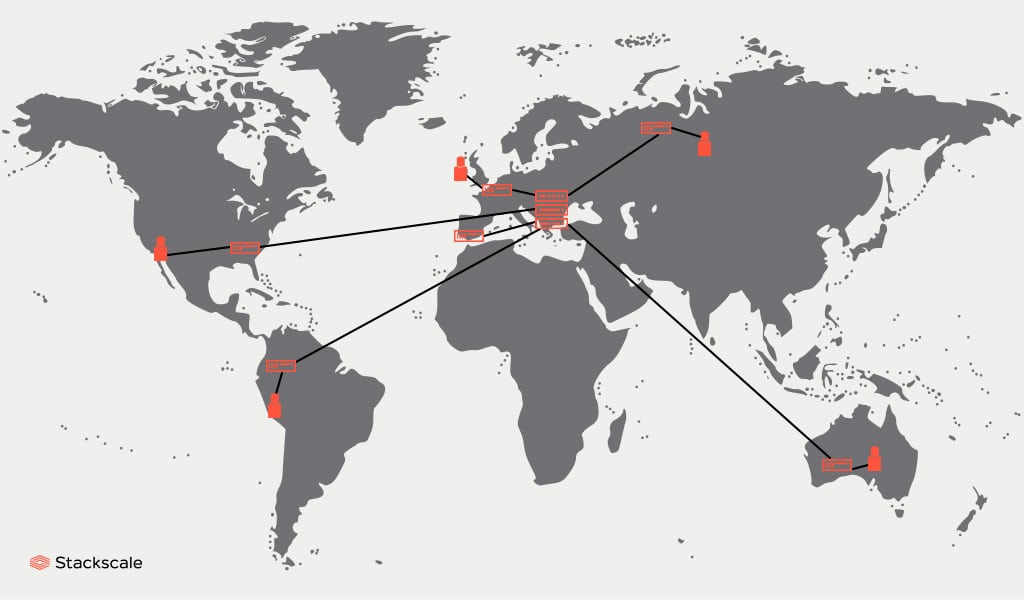
Benefits of using a Content Delivery Network
A CDN is an interesting layer for many websites — social media platforms, eCommerce sites, streaming platforms, etc. —; although it is not always necessary. Here are the main benefits why many websites use them to deliver their content to users:
- Reducing latency and improving page loading times
- Improving security
- Reducing bandwidth usage and costs
- Increasing availability
Latency and load speed
CDNs reduce latency and improve page load speed by distributing content to users from their geographically closer CDN server. Besides, they also apply diverse hardware and software optimizations, such as load balancing or file compression, to achieve faster load times. This helps improve user experience and reduce bounce rates. Although it is important to keep in mind that there can be other reasons behind a slow web page load speed.
Security
Content Delivery Networks can also improve security; for instance, helping mitigate DDoS attacks. Even though, as every other network on the Internet, they must be properly protected against data leaks and cyber attacks.
Bandwidth costs
CDNs cache content to reduce the amount of data the origin server must provide to end users. This way, website owners can reduce their bandwidth usage and costs.
Availability
CDNs are designed to be resilient and can help minimize downtime in the event of a hardware failure or spike in traffic. For instance, as CDNs place servers in multiple, remote data centers, they can distribute Internet traffic evenly across several servers when there is an unusual traffic peak.
At Stackscale, thanks to our data centers network and our strategic partners, we can help you find a proper CDN solution to improve server’s availability, security and performance. Do not hesitate to contact us for further information.

